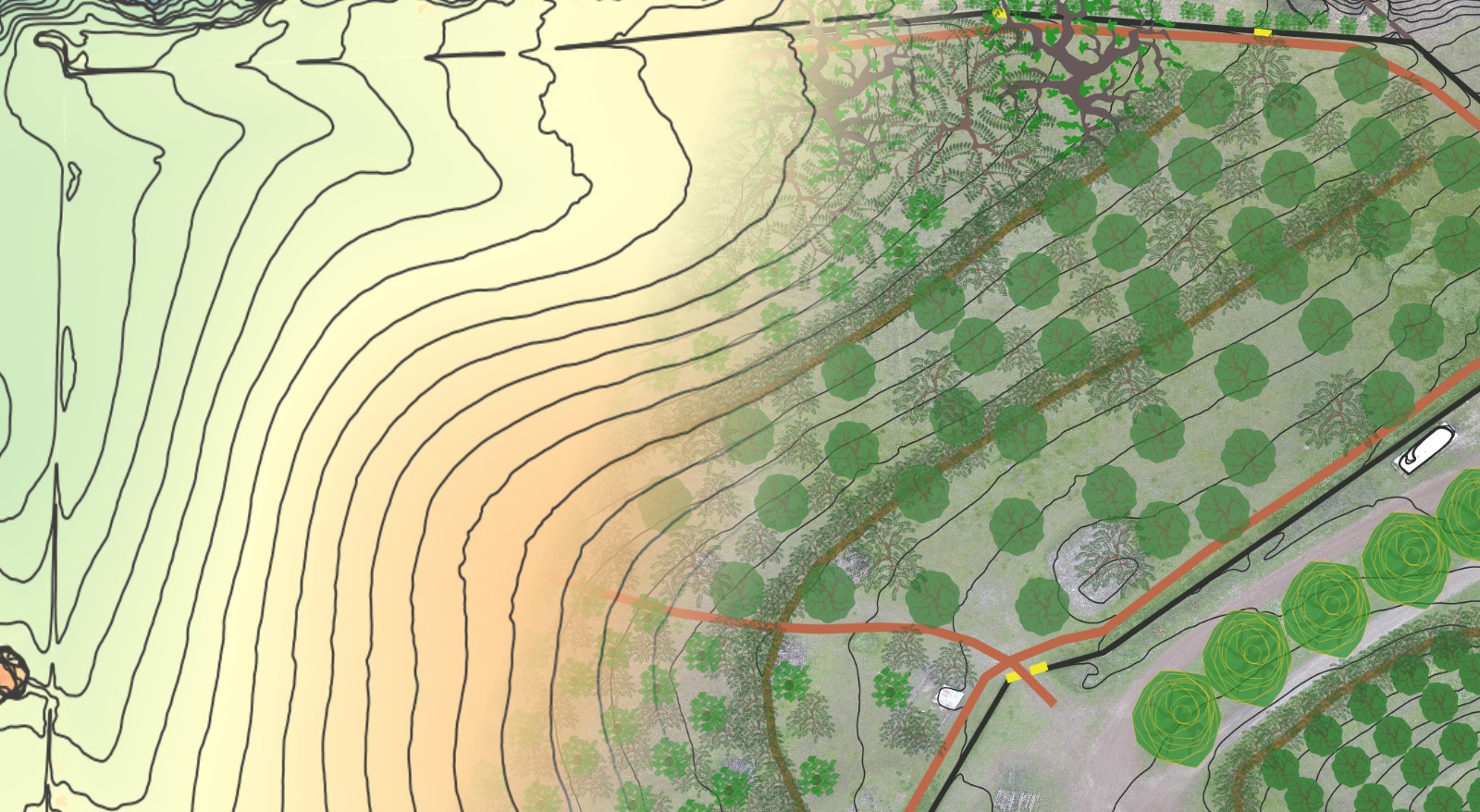-
Sovereign Food Systems – Pantry Ponds ~ Epi-59
Today we look at another Sovereign Food System – what I’m calling the Pantry Pond. Basically a homestead-scale aquaculture system designed to maximize your food sovereignty via independence from the centralized systems of supply and distribution for any of the inputs required to grow what you want to grow – fish, aquatic vegetables, crawfish, shrimp,…
-
Sovereign Food Systems – Perennial Protein From Silvopasture Meat Forests ~Epi-58
In today’s show we are talking about creating Sovereign Food Systems. I think this will be a series, or at least a collection of episodes, each one focused on a different type of sovereign food system that can be applied at a variety of scales across a broad range of contexts. Basically, a sovereign food…
-
Permaculture Design Principle Deep Dive #12 – Collaborate With Succession ~ Epi-057
Today we discuss permaculture design principle #12 – Collaborate With Succession. The more that we can align our designs, systems and management styles with the inherent successional trends already present in our landscapes, the greater our yields will be with fewer resource inputs required. This is all about energy efficiency, and it starts with OBSERVING…
-
Permaculture Design Principle Deep Dive #11 – Make The Least Change For The Greatest Effect ~ Epi-56
Today we take a deeper look at the 11th permaculture design principle: Make The Least Change For The Greatest Effect. This principle is about economy of effort. When designing a sovereign homestead, we need to make sure that our systems are providing us with not only the right types of yields, but also in sufficient…
-
Permaculture Design Principle Deep Dive #10 – Optimize The Edge ~ Epi-055
In today’s episode we take a deep dive into Permaculture Design Principle #10 – Optimize The Edge. We will discuss: Edge: What is it exactly? The real-world effects of edges in your homestead landscape with regards to energy translation, species diversity and overall productivity. How to manage edge for physical environments/elements to get more of…
-
Permaculture Design Principle Deep Dive #9: Choose Small-Scale, Intensive Solutions ~ Epi-054
This week we look at Permaculture Design Principle #9: Choose Small-Scale, Intensive Solutions. This is all about managing intensively in a small footprint at the start – and expanding what works and changing or eliminating what does not. We’ll talk about the importance of testing your systems before expanding them by conducting Safe To Fail…
-
Permaculture Design Principle Deep Dive #8 – Integrate, Don’t Segregate ~ Epi-053
Today we take a deeper look at Permaculture Design Principle #8 – Integrate, Don’t Segregate. This principle is fundamentally about ‘stacking functions’ – a common term we hear a lot in perma-speak – but what does that really mean and HOW do you go about doing it? We’ll talk nuts and bolts of creating functionally…
-
Permaculture Principle Deep Dive #7: Design From Patterns To Details ~Epi-52
Design from pattern to details. Anyone who has read a permaculture book has heard this – but how to actually DO IT? Today we talk about Natural Constants and the Yeomans Scale of Permanence as tools you can use to help you design from big, broad, largely immutable patterns down to small, granular, actionable details.…
-
Permaculture Design Principle Deep Dive #6 – Make No Waste ~ Epi-51
Today we’re talking about the 6th permaculture design principle: Make No Waste. In Nature, “waste” = food. How can we design our homesteads and the various life support systems on them such that the “waste” from one becomes the food for another? How many energetic loops and connection can we create between elements, systems and…
-
Permaculture Principle Deep Dive #5 – Use And Value Nature’s Gifts ~ Epi-50
Today we continue our Deep Dive series on the 12 foundational principles of permaculture. In this episode we take a deeper look at Principle #5: Use And Value Nature’s Gifts / Collaborate With Succession / Work With Nature, Not Against It. There are numerous different ways this principle is written, and we’ll explore the nuance…

